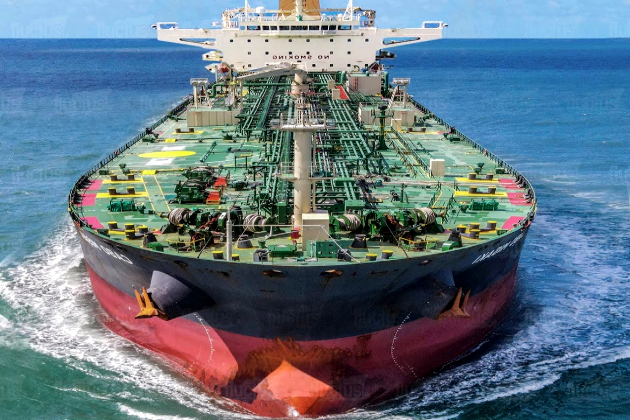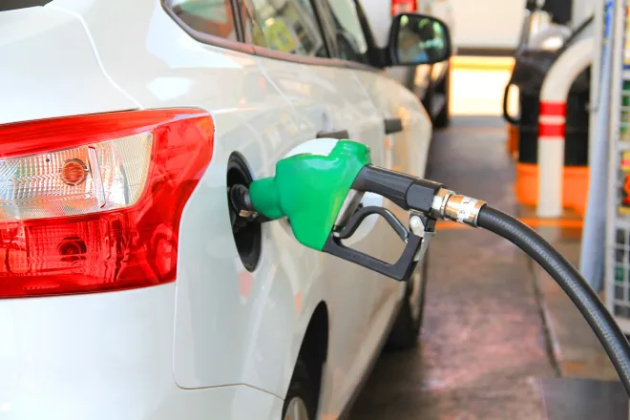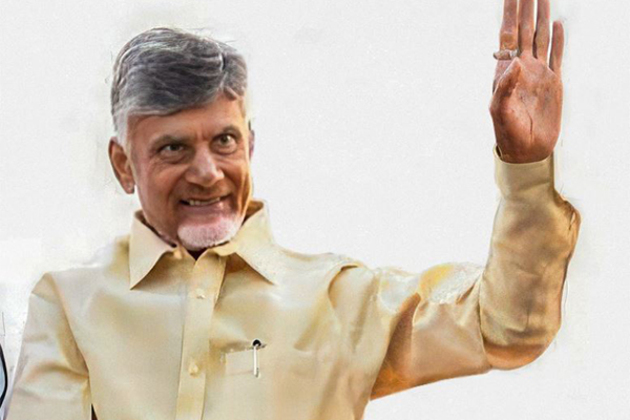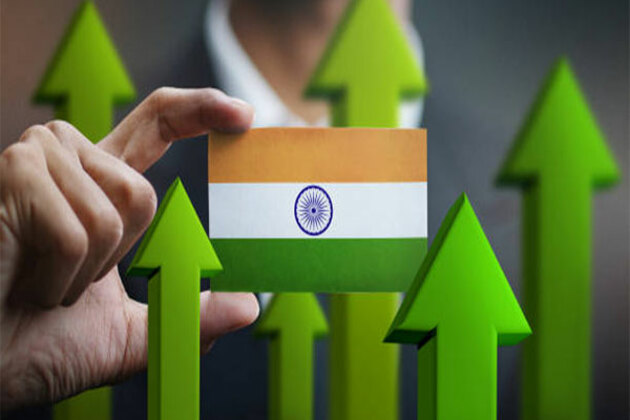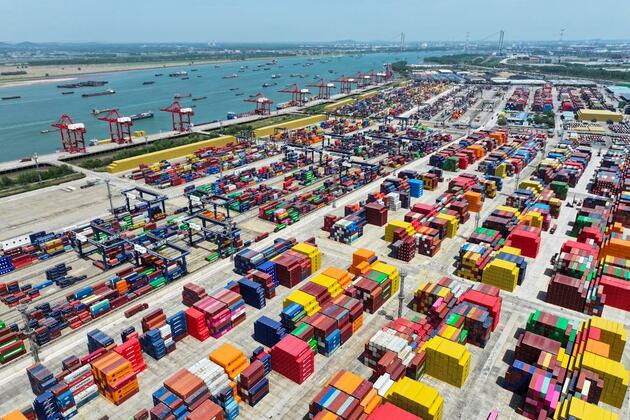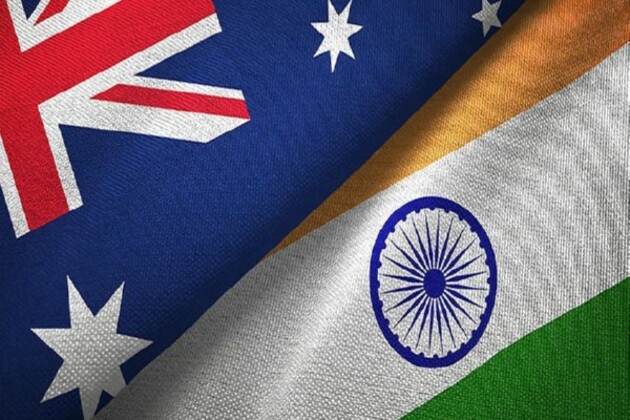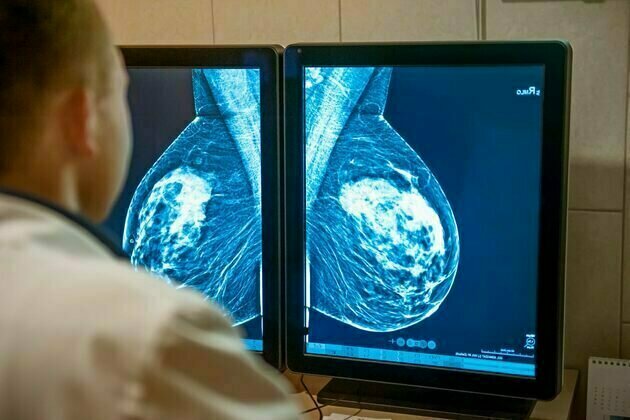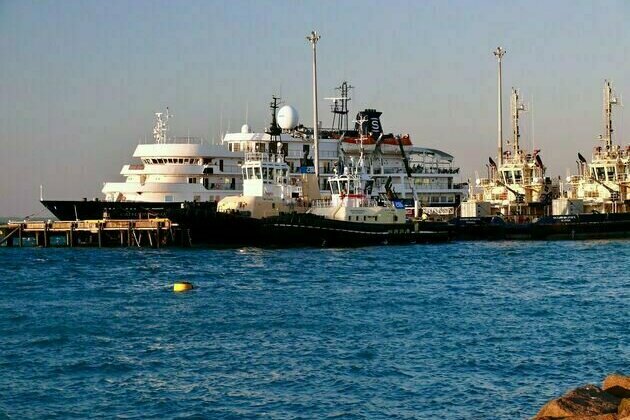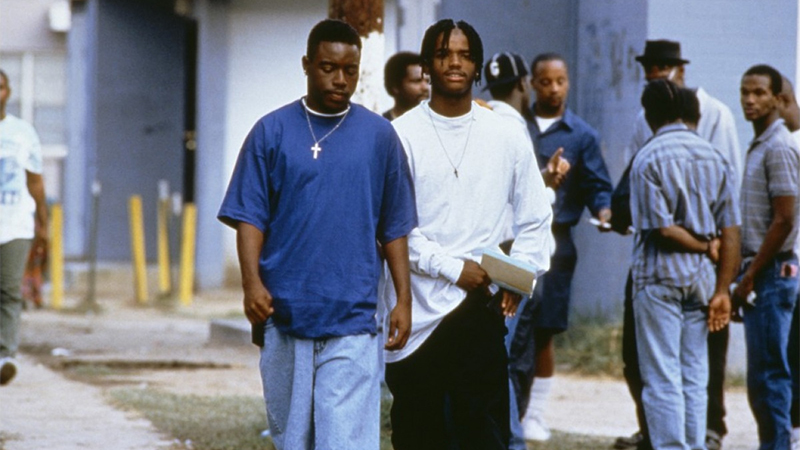These 3 climate misinformation campaigns are operating during the election run-up. Here's how to spot them
The Conversation
22 Apr 2025, 20:07 GMT+10
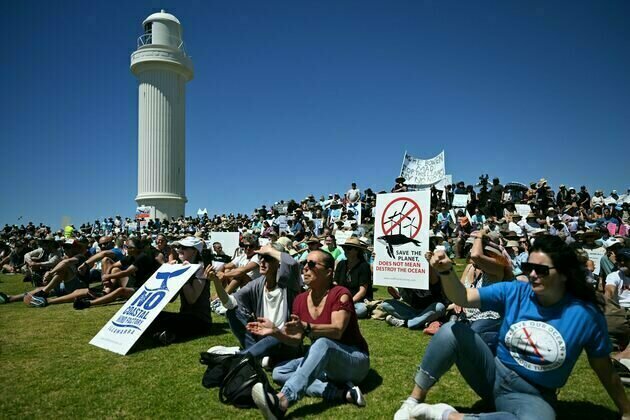
Australia's climate and energy wars are at the forefront of the federal election campaign as the major parties outline vastly different plans to reduce greenhouse gas emissions and tackle soaring power prices.
Meanwhile, misinformation about climate change has permeated public debate during the campaign, feeding false and misleading claims about renewable energy, gas and global warming.
This is a dangerous situation. In Australia and globally, rampant misinformation has for decades slowed climate action - creating doubt, hindering decision-making and undermining public support for solutions.
Here, we explain the history of climate misinformation in Australia and identify three prominent campaigns operating now. We also outline how Australians can protect themselves from misinformation as they head to the polls.
Misinformation is defined as false information spread unintentionally. It is distinct from disinformation, which is deliberately created to mislead.
However, proving intent to mislead can be challenging. So, the term misinformation is often used as a general term to describe misleading content, while the term disinformation is reserved for cases where intent is proven.
Disinformation is typically part of a coordinated campaign to influence public opinion. Such campaigns can be run by corporate interests, political groups, lobbying organisations or individuals.
Once released, these false narratives may be picked up by others, who pass them on and create misinformation.
In the 1980s and 1990s, Australia's emissions-reduction targets were among the most ambitious in the world.
At the time, about 60 companies were responsible for one-third of Australia's greenhouse gas emissions. The government's plan included measures to ensure these companies remained competitive while reducing their climate impact.
Despite this, Australia's resource industry began a concerted media campaign to oppose any binding emissions-reduction actions, claiming it would ruin the economy by making Australian businesses uncompetitive.
This narrative persisted even when modelling repeatedly showed climate policies would have minimal economic impacts. The industry arguments eventually found their way into government policy.
Momentum against climate action was also fuelled by a vocal group of climate change-denying individuals and organisations, often backed by multinational fossil fuel companies. These deniers variously claimed climate change wasn't happening, it was caused by natural cycles, or wasn't that a serious threat.
These narratives were further exacerbated by false balance in media coverage, whereby news outlets, in an effort to appear neutral, often placed climate scientists alongside contrarians, giving the impression that the science was still unclear.
Together, this created an environment in Australia where climate action was seen as either too economically damaging or simply unnecessary.
Climate misinformation has been circulating in the following forms during this federal election campaign.
1. Trumpet of Patriots
Clive Palmer's Trumpet of Patriots party ran an advertisement that claimed to expose " the truth about climate change". It featured a clip from a 2004 documentary, in which a scientist discusses data suggesting temperatures in Greenland were not rising. The scientist in the clip has since said his comments are now outdated.
The type of misinformation is cherry-picking - presenting one scientific measurement at odds with the overwhelming scientific consensus.
Google removed the ad after it was flagged as misleading, but only after it received 1.9 million views.
2. Responsible Future Illawarra
The Responsible Future campaign opposes wind turbines on various grounds, including cost, foreign ownership, power prices, effects on views and fishing, and potential ecological damage.
Scientific evidence indicates offshore wind farms are relatively safe for marine life and cause less harm than boats and fishing gear. Some studies also suggest the infrastructure can create new habitat for marine life.
However, a general lack of research into offshore wind and marine life has created uncertainty that groups such as Responsible Future Illawarra can exploit.
It has cited statements by Sea Shepherd Australia to argue offshore wind farms damage marine life - however Sea Shepherd said its comments were misrepresented.
The group also appears to have deliberately spread disinformation. This includes citing a purported research paper saying offshore wind turbines would kill up to 400 whales per year, when the paper does not exist.
Australians for Natural Gas is a pro-gas group set up by the head of a gas company, which presents itself as a grassroots organisation. Its advertising campaign promotes natural gas as a necessary part of Australia's fuel mix, and stresses its contribution to jobs and the economy.
The ad campaign implicitly suggests climate action - in this case, a shift to renewable energy - is harmful to the economy, livelihoods and energy security. According to Meta's Ad Library, these adds have already been seen more than 1.1 million times.
Gas is needed in Australia's current energy mix. But analysis shows it could be phased out almost entirely if renewable energy and storage was sufficiently increased and business and home electrification continues to rise.
And of course, failing to tackle climate change will cause substantial harm across Australia's economy.
As the federal election approaches, climate misinformation and disinformation is likely to proliferate further. So how do we distinguish fact from fiction?
One way is through "pre-bunking" - familiarising yourself with common claims made by climate change deniers to fortify yourself against misinformation
Sources such as Skeptical Science offer in-depth analyses of specific claims.
The SIFT method is another valuable tool. It comprises four steps:
As the threat of climate change grows, a flow of accurate information is vital to garnering public and political support for vital policy change.
 Share
Share
 Tweet
Tweet
 Share
Share
 Flip
Flip
 Email
Email
Watch latest videos
Subscribe and Follow
Get a daily dose of Perth Herald news through our daily email, its complimentary and keeps you fully up to date with world and business news as well.
News RELEASES
Publish news of your business, community or sports group, personnel appointments, major event and more by submitting a news release to Perth Herald.
More InformationInternational Business
SectionAsian nations boost US energy buys amid trade tensions
SINGAPORE: Amid rising trade tensions, several Asian nations are stepping up energy purchases from the U.S. in hopes of easing tariff...
Report: Fuel prices unchanged in Ireland
DUBLIN, Ireland - Fuel prices across Ireland have held firm for another month, with no change recorded in petrol, diesel, or electric...
Hong Kong suspends goods deliveries to 'bullying' U.S. as trade tensions rise
HONG KONG - Mail services between Hong Kong and the United States are the latest casualty in an escalating trade dispute, with Hong...
Andhra Pradesh government takes another major step towards India's first Quantum Computing Village
Amaravati (Andhra Pradesh) [India], April 22 (ANI): Taking a significant step forward in realising its vision of building India's first...
IMF cuts India's growth forecast for FY26 to 6.2%
New Delhi [India], April 22 (ANI): The International Monetary Fund (IMF) on Tuesday lowered India's growth projection for the fiscal...
Port fees targeting Chinese ships will do U.S. no good
This aerial drone photo shows a view of the container terminal of Nanjing Port in east China's Jiangsu Province, April 16, 2025. (Photo...
Australia
SectionLSG vs DC: Marsh completes 1000 IPL runs; Starc continues to torment Pooran
Lucknow (Uttar Pradesh) [India], April 22 (ANI): Lucknow Super Giants batter Mitchell Marsh completed 1000 IPL runs with his explosive...
Reports of student applications from specific Indian states being banned or restricted are incorrect: Australian High Commission
New Delhi [India], April 22 (ANI): With a section of media reporting that student applications from specific Indian states are being...
Is it too late to solve some of our most wicked problems? The Australia Institute won't let us die wondering
As I begin this review sitting in a Canberra cafe, there are two blokes on the next table complaining about the present federal election...
Australian women are wary of AI being used in breast cancer screening - new research
Artificial intelligence (AI) is becoming increasingly relevant in many aspects of society, including health care. For example, it's...
Port of Darwin's struggling Chinese leaseholder may welcome an Australian buy-out
Far from causing trade frictions, an Australian buyout of the Port of Darwin lease may provide a lifeline for its struggling Chinese...
These 3 climate misinformation campaigns are operating during the election run-up. Here's how to spot them
Australia's climate and energy wars are at the forefront of the federal election campaign as the major parties outline vastly different...

